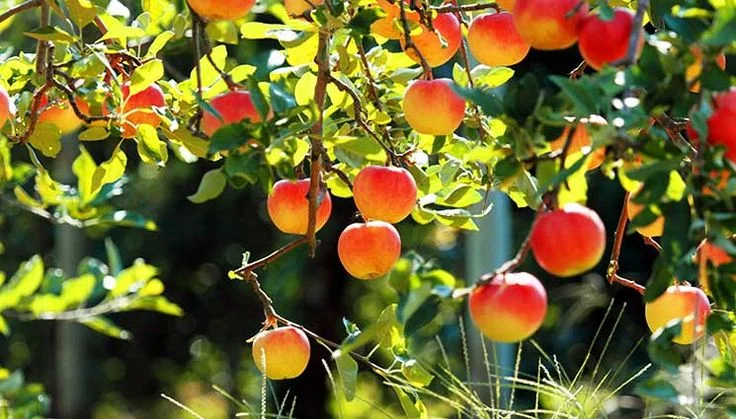An ancient writer compared a flourishing person to a tree.1 The tree was characterized by five attributes: rooted, by a stream, bears fruit in season, leaf does not wither, all it does prospers.
What caught my attention about this comparison was that line, “bears fruit in season.”
Contemporary culture presses in on me, requiring that I become successful. This is true in every field of endeavor: education, sports, politics, profession, ministry, service, family, etc. Many books have been published whose purpose is to give a perspective on how I might become more successful.
The ancients tell me, “be fruitful”, and this does not equal success.
In what commonly passes for a contemporary definition of success, I become bigger and greater, stronger, faster, richer, happier, better at communicating, steadier, firmer. To sum up: the focus seems to be on becoming more.
With fruitfulness, I grow from within myself, from my own resources something of value, significance and worth. When this thing – whether a child I have nurtured, a building I have constructed, a garden I have tended, a story I have written, a software I have developed – reaches maturity, it falls away from me.
That which comes from within me, from the resources that compose me, must make its way out of my interior self. It exteriorizes into something that is of me, but is not me.
Fruitfulness enables and protects humility – the fruit leaves me and takes on a life of its own. It may provide sustenance for another living entity, new life for someone or something not yet in existence or it may rot where it sits.
The satisfaction in fruitfulness is not derived from how the fruit enlarges me, but from how the fruit enriches the life of the world around me.
Jesus tells us “be fruitful and multiply.”
1Psalm One
Kimberley Morrison
Prior


